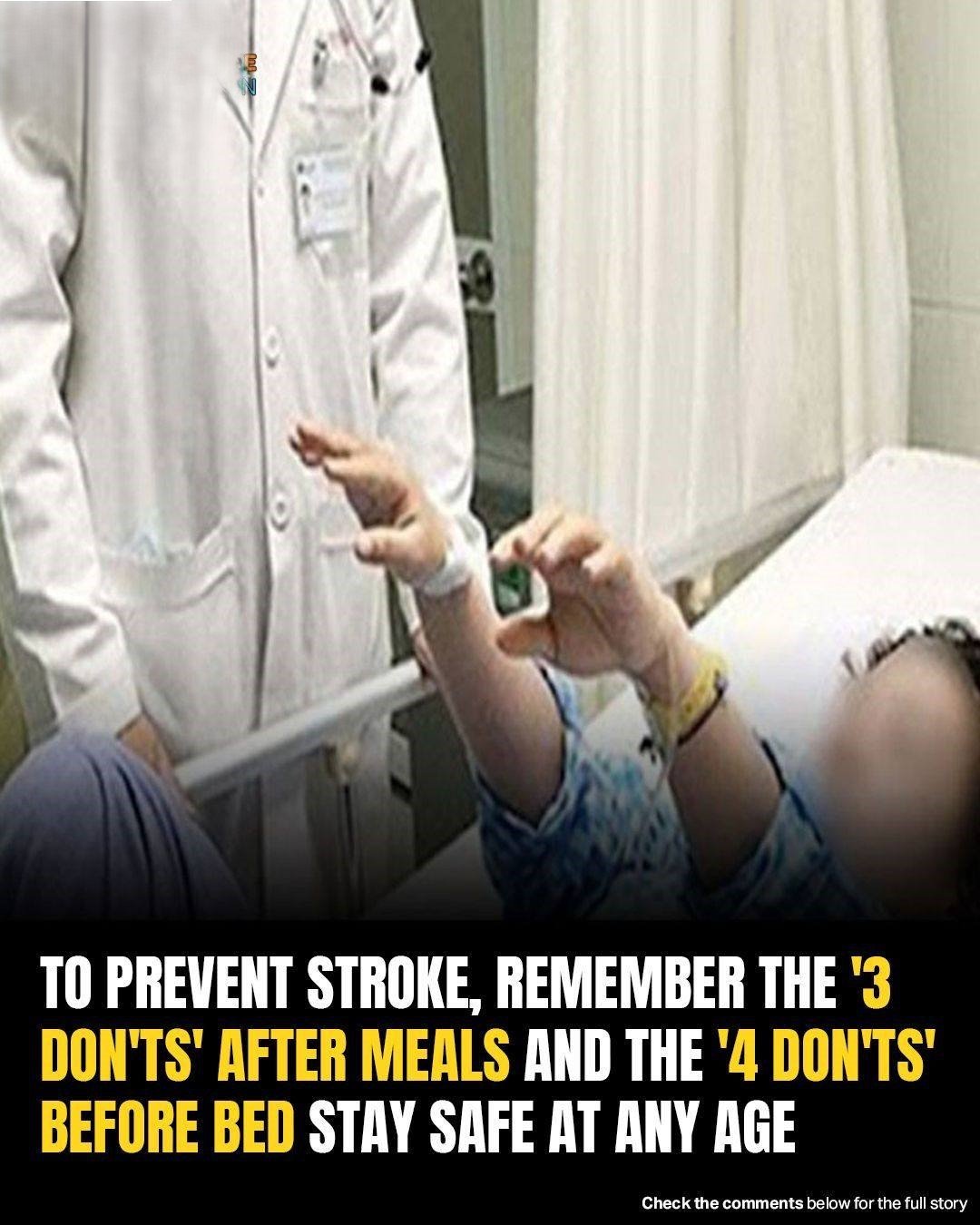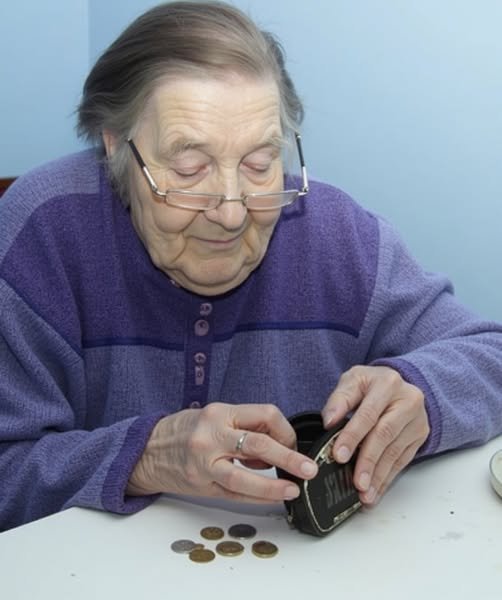Stroke Risk: 7 Daily Habits You Should Avoid After Meals and Before Bed
Imagine waking up unable to speak or move—this is a daily reality for millions affected by stroke. While sudden and devastating, science now shows that up to 80% of strokes are preventable—through small, daily lifestyle choices, especially right after meals and before bedtime.
After Meals: 3 Things Not to Do
- Don’t lie down right after eating
Napping or sleeping immediately after a meal can disrupt digestion and increase your risk of insulin resistance and high blood pressure—major stroke factors. Wait 2–3 hours before lying down. - Don’t stay sedentary
Instead of heading to the couch, take a 20-minute walk. Light post-meal movement improves blood sugar control, lowers blood pressure, and boosts circulation—reducing stroke risk. - Don’t drink alcohol right after dinner
Even moderate alcohol intake after meals can trigger inflammation and harm blood vessels. Choose water or herbal tea instead.
Before Bed: 4 Things Not to Do
- Don’t eat dinner too late
Meals after 9 p.m. disrupt sleep and metabolic health. Studies show late dinners raise stroke risk by up to 28%. - Don’t go to bed too late or irregularly
Inconsistent sleep schedules or sleeping too little (<5 hours) or too much (>9 hours) are linked to higher stroke risk. Aim for 7–9 hours nightly. - Don’t drink alcohol before bed
Though it may feel relaxing, alcohol disrupts sleep and increases stroke risk. Avoid it in the evening. - Don’t have caffeine or heavy meals late
Caffeine and large meals before bed interfere with sleep and heart health. Finish dinner 3 hours before bedtime.
Your evening routine directly affects your brain and heart. These seven simple changes—rooted in science—can dramatically lower your stroke risk and improve your long-term health.


